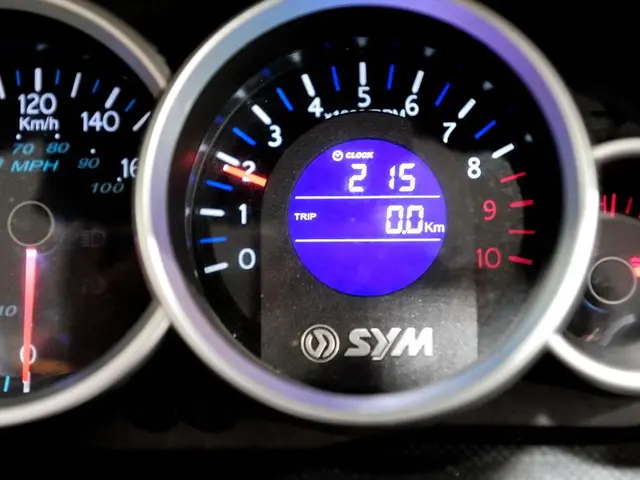Implications of Designating Antifa as a Terrorist Organization
In the turbulent year of 2020, during the Black Lives Matter protests, awareness of Antifa, a decentralized, leaderless movement, significantly increased. The movement, composed of loose collections of groups, networks, and individuals, was a notable presence in various riots, looting, and clashes with police.
President Donald Trump voiced his concerns about Antifa, stating that their actions were "really subversive" and declared them a terrorist organization. In a bid to address this perceived threat, Trump announced his intention to recommend thorough investigations of such groups "in accordance with the highest legal standards and practices."
One of the avenues Trump considered was the Racketeer Influenced and Corrupt Organizations Act (RICO). However, it may be challenging to use RICO against Antifa, as it was primarily designed for organized crime, and Antifa is allegedly leaderless. This complexity has led many to question whether it would be feasible to pursue RICO cases against the movement.
The potential use of RICO against Antifa, however, is not without its constitutional considerations. The authors of a report by the Congressional Research Service discuss potential policy concerns and constitutional constraints regarding new domestic terrorism legislation. They mention potential constitutional considerations for domestic terrorism legislation, including First Amendment protections of speech and association, Fourth Amendment restrictions on government searches, and federalism-based restraints on federal jurisdiction.
Congress has considered the possibility of new domestic terrorism laws, but concerns over constitutional rights have prevented lawmakers from creating such legislation. Trump, in an attempt to push for action, asked former Florida Attorney General Pam Bondi to look into bringing RICO cases against Antifa.
In a recent post on Truth Social, President Trump implied that any groups financially supporting Antifa could expect federal scrutiny. This statement further underscores the ongoing debate about Antifa's role and the potential for legal action against the movement.
It's essential to note that domestic terrorism, on its own, is not a criminally chargeable offense. However, criminal acts committed by Antifa members during the 2020 protests, such as rioting, looting, and clashes with police, could potentially be prosecuted under existing laws.
As the debate over Antifa and potential legal action against them continues, it's crucial to maintain a clear understanding of the facts and the constitutional considerations involved. The ongoing discourse serves as a reminder of the complexities surrounding domestic terrorism and the need for careful deliberation when considering new legislation.
Read also:
- United States tariffs pose a threat to India, necessitating the recruitment of adept negotiators or strategists, similar to those who had influenced Trump's decisions.
- Weekly happenings in the German Federal Parliament (Bundestag)
- Southwest region's most popular posts, accompanied by an inquiry:
- Discussion between Putin and Trump in Alaska could potentially overshadow Ukraine's concerns








